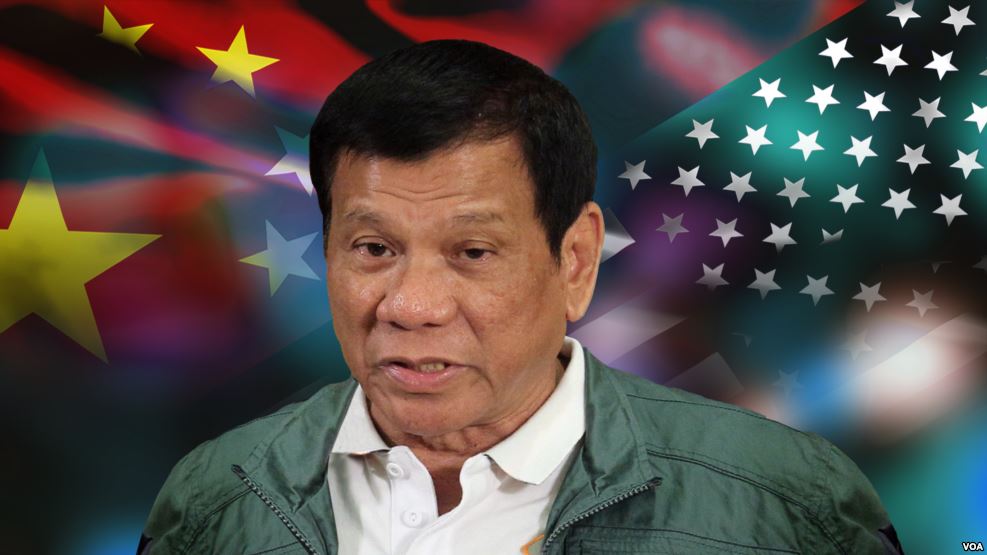Oct 19, 2016
President Joko Widodo says he wants to keep this sprawling archipelago out of an intensifying great-power conflict in the South China Sea while he tries to revitalize ambitious economic plans that so far have fallen short.

Wang Yusheng, Executive Director, China Foundation for Int'l Studies
Oct 17, 2016
The rise and posture of the Philippines president is not an unpredictable eruption but the natural evolution of a changing global environment, and the result will be a more balanced and safer regional order.
Lucio Blanco Pitlo III, President of Philippine Association for Chinese Studies, and Research Fellow at Asia-Pacific Pathways to Progress Foundation
Oct 17, 2016
Track II diplomacy’s results remain mixed, but it takes only one successful attempt to provide concrete and specific agenda items for formal talks. It is within this lens that the Ramos-Fu August 2016 meeting in Hong Kong could be appreciated.
Fidel Ramos, Member, ASEAN Eminent Persons Group
Oct 13, 2016
Three months ago, the Permanent Court of Arbitration in The Hague ruled that there was no legal basis for China to claim historic rights to the resources in the West Philippine Sea (also known as the South China Sea), and thus that the Philippines has exclusive rights to the territory. China rejected the ruling, and an icy chill overcame the once-friendly bilateral relationship. It is time to bring back some warmth.
Oct 13, 2016
Beijing could employ controversial measures to control the disputed airspace over the South China Sea, according to a leading expert with close ties to the Chinese government, as it seeks new ways to assert its authority in the contested region.
Oct 04, 2016
Duterte’s abrupt diplomatic and military shift from Washington heartens Beijing, threatens U.S. alliance.
Luo Yongkun, Research Associate, China Institutes of Contemporary International Relations
Oct 03, 2016
The Chinese position of resolving disputes with a dual-track approach has been accepted by ASEAN countries. The two sides have important common understanding on jointly maintaining peace and stability in the South China Sea, and notions that China is trying to split ASEAN and that China is seeking hegemony in the South China Sea have effectively been deflated.
Wang Hanling, Director of National Center for Ocean Affairs and the Law of the Sea
Peng Sixiang, Master's Candidate at Department of Law, CASS Graduate School
Oct 03, 2016
China’s alleged militarization of the South China Sea isn’t supported by the facts, and the US definition of ‘militarization’ defies both common sense and international practice.
Sep 30, 2016
According to one diplomatic source, Duterte would meet both Chinese President Xi Jinping and Premier Li Keqiang in Beijing. It was not immediately clear who the business delegation would meet in China and what would be discussed.
Sep 30, 2016
Japan is "playing with fire" with plans to step up activity in the contested South China Sea through joint training patrols with the United States, China's Defence Ministry said on Thursday, warning it would not sit watching from the sidelines.
Back to Top

- China-US Focus builds trust and understanding between the U.S. and China through open dialogue among thought leaders.
- Our Offerings
- Topics
- Videos
- Podcasts
- Columnists
- Research Reports
- Focus Digest
- Stay Connected
-
Thanks for signing up!
- Get the latest stories from China-US Focus weekly.